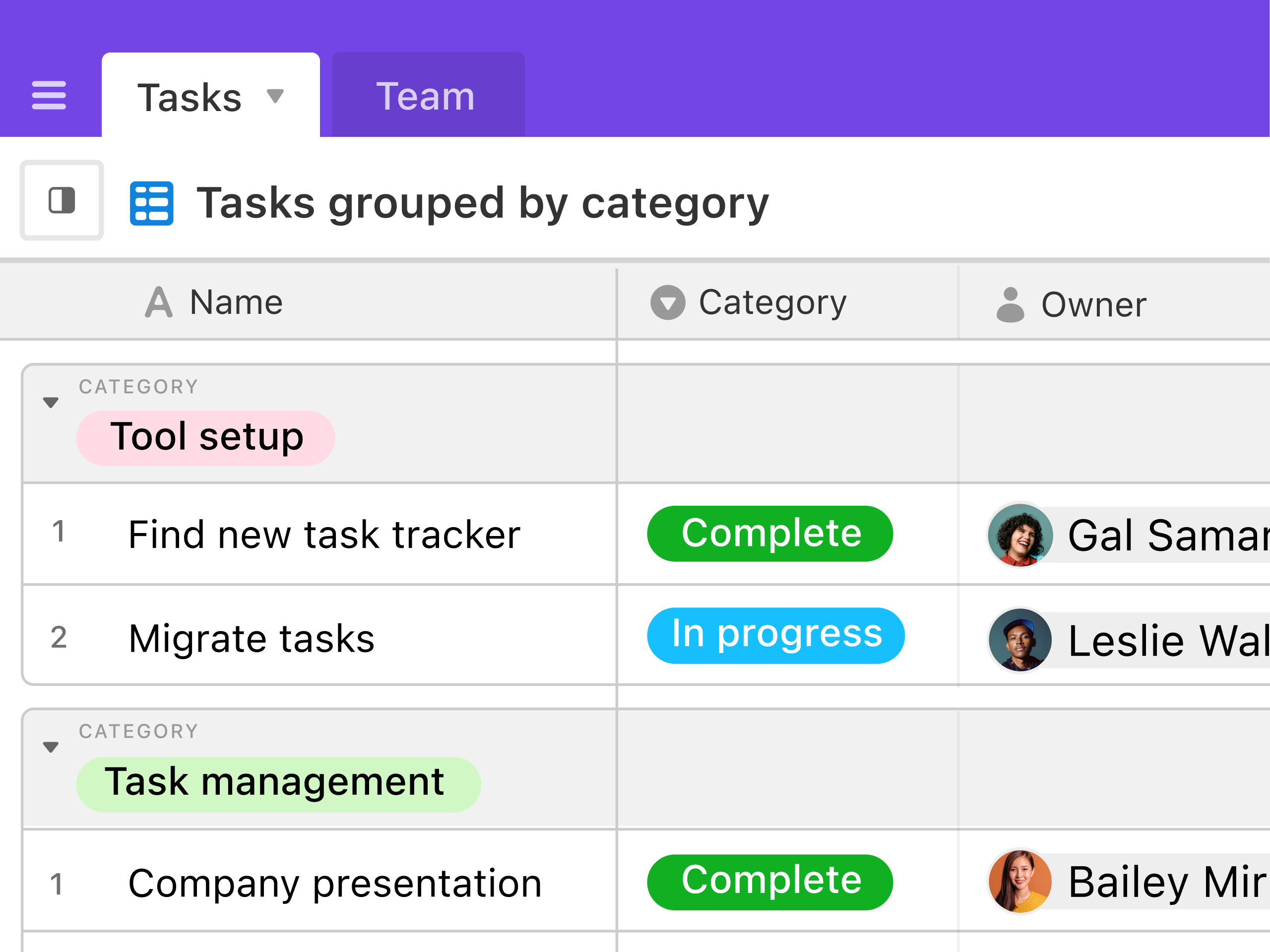Quantum computing stands at the forefront of technological innovation, poised to revolutionize various fields. Among its most promising applications is its intersection with artificial intelligence (AI). Quantum computers leverage the unique properties of quantum bits, or qubits, allowing them to tackle problems that are currently intractable for classical computers. This article explores how quantum computing can enhance AI capabilities and drive innovations across diverse sectors.
Understanding Quantum Computing

What is Quantum Computing?
At its core, quantum computing is a paradigm shift in information processing. Unlike classical computers that use bits (0s and 1s), quantum computers utilize qubits, which can exist in multiple states simultaneously thanks to superposition. This enables quantum processors to perform complex calculations at unparalleled speeds, fundamentally changing the way data is processed.
The Evolution of Quantum Computing
The evolution of quantum computing has progressed from theoretical foundations laid in the 1980s to the development of current quantum computers. Companies like IBM and Google have made significant strides, creating functional quantum processors that can execute algorithms and tackle specific problems, albeit on a limited scale. As research continues, we anticipate even greater advancements in the coming years.
Quantum Processors: The Engine of Quantum Computing
How Quantum Processors Work
Quantum processors are the heart of quantum computers, responsible for executing complex calculations. They exploit the principles of quantum mechanics, such as superposition and entanglement, allowing them to process vast amounts of information simultaneously. This capability opens new avenues for solving intricate problems, especially in the context of AI.
Current Quantum Computers
The landscape of current quantum computers is diverse. Technologies such as superconducting qubits and trapped ions are leading the way in quantum processor development. While still in their early stages, these devices are already demonstrating the potential to outperform classical computers in certain tasks.
How Quantum Computing Can Supercharge AI
1. Parallelism and Quantum Speedup
One of the key advantages of quantum computing is its ability to perform multiple calculations simultaneously. This parallelism could significantly accelerate AI algorithms, particularly those that involve processing large datasets or solving complex optimization problems. By harnessing quantum speedup, AI applications can achieve faster results, enhancing their effectiveness.
2. Optimization and Machine Learning
Quantum computing excels in optimization problems, which are prevalent in machine learning. Algorithms like the Quantum Approximate Optimization Algorithm (QAOA) can enhance the training processes of machine learning models, leading to more efficient and effective learning. This synergy allows AI to optimize complex tasks more rapidly than ever before.
3. Enhanced Data Processing
Quantum computers are designed to handle and process vast amounts of data with remarkable efficiency. This capability can significantly benefit AI applications requiring extensive data processing, such as natural language processing, image recognition, and recommendation systems. The inherent parallelism of quantum systems allows for faster data analysis and decision-making.
4. Improved Encryption and Security
While quantum computers pose challenges to current encryption methods, they also present opportunities for enhancing security in AI applications. Quantum-resistant cryptographic techniques can safeguard sensitive data, ensuring the privacy and integrity of AI systems. This is crucial as AI becomes increasingly integrated into various aspects of our lives.
5. Exploration of Quantum Neural Networks
Quantum neural networks represent a fascinating area of research that combines quantum computing with neural network architectures. These networks have the potential to model and represent complex data more effectively, leading to more robust and expressive AI models. By leveraging quantum principles, researchers aim to create advanced neural networks capable of tackling intricate tasks.
6. Simulation of Quantum Systems
Quantum computers excel at simulating quantum systems, which is invaluable for applications in quantum chemistry, materials science, and drug discovery. This capability allows researchers to explore complex molecular interactions and design new materials, driving innovation in these critical fields.
7. Hybrid Quantum-Classical Systems
Integrating quantum computing into existing classical systems can create hybrid models that leverage the strengths of both. In this architecture, quantum processors handle specific tasks while classical processors manage others. This hybrid approach provides a practical and scalable way to implement quantum enhancements in AI, making it accessible to a broader range of applications.
8. Energy Efficiency

Quantum computers have the potential to solve problems using significantly fewer computational steps than classical computers. This efficiency can lead to more energy-efficient AI algorithms, particularly for tasks that currently require extensive computational resources. As sustainability becomes increasingly important, this energy efficiency will be a crucial advantage.
Challenges in Quantum-Powered AI
Despite the immense potential of quantum-powered AI, several challenges must be addressed to realize its full capabilities:
1. Scalability
Current quantum computers are still in their infancy, with limited qubit capacity. Building large-scale quantum computers capable of practical applications will require substantial technological advancements and investment.
2. Error Correction
Quantum computers are susceptible to errors that can compromise the accuracy of computations. Developing effective error correction techniques is essential to ensure reliable performance in real-world applications.
3. Software and Programming
The development of software and programming tools tailored for quantum computing is another significant challenge. As the field evolves, creating accessible and efficient programming languages will be crucial for widespread adoption.
The Future of Quantum Computing and AI
Emerging Trends
As quantum computing continues to evolve, several trends are emerging that highlight its potential in conjunction with AI:
- Hybrid Models: The development of hybrid systems that integrate classical and quantum algorithms is gaining traction, allowing for more effective data processing and problem-solving.
- Enhanced Machine Learning: Researchers are exploring how quantum computing can optimize machine learning techniques, leading to breakthroughs in fields such as healthcare, finance, and logistics.
- Industry-Specific Applications: Industries like finance, energy, and telecommunications are beginning to explore quantum computing’s potential to optimize operations, improve risk analysis, and enhance resource management.
Conclusion
The integration of quantum computing and AI represents a transformative force in technology, offering unparalleled capabilities for data processing, optimization, and innovation. As quantum processors become more advanced, the synergy between quantum computing and artificial intelligence will unlock new frontiers of exploration and discovery.
By addressing the existing challenges and leveraging the strengths of both fields, we stand at the precipice of a new era in technology. The future of AI is undeniably intertwined with the evolution of quantum computing, promising to reshape industries and enhance our understanding of complex systems. As we move forward, the collaboration between quantum computing and AI will undoubtedly yield extraordinary advancements that can improve our lives and drive progress across the globe.









